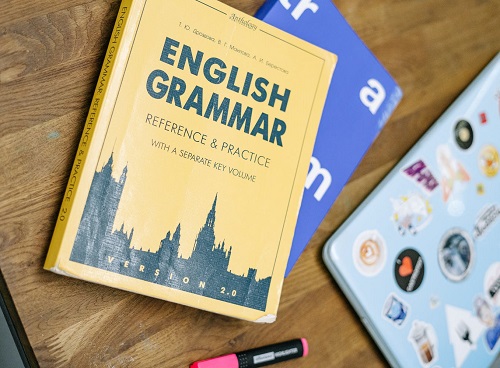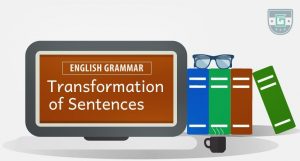What is a Clause
In this article we will have a detailed discussion to undersand what is a clause. Moreover, we will also discuss its important types in order to make it more convenient for the readers.
A clause is a group of words containing a subject and a verb. (Subject + Verb)

Independent clause
It is a complete sentence. So it contains the main subject and verb of a sentence. Hence, it is also called the main clause.
Dependent clause
It is not a complete sentence. Hence it must be connected to an independent clause.
Example:
I thanked the girl who helped me.
Here ‘I thanked the girl’ is an independent, while Who helped me is a dependent clause.
The book which is on the table is mine.
I saw the man who closed the door.
Clauses of Concession
It is a clause which begins with ‘although’ or ‘even though’ and which expresses an idea that suggests the opposite of the main part of the sentence.
For example:
Although he is quiet, he is not shy.
The above sentence begins with a clause of concession ‘Although he is quite’ which has an opposite meaning of ‘he is not shy’ which is the main part of the sentence.
It is important to note that ‘In spite of’ and ‘despite’ have similar meaning to ‘although’ or ‘even though’, yet they are not concessive clauses. Thus, as their structure shows, they do not introduce clauses.
Study these examples to understad what is a clause:
‘He had enough money.’
‘He refused to buy a car.’
Thus, the above two statements can be combined as follows.
| Although/ Even though | he had enough money, | he refused to buy a new car |
OR
| He refused to buy a new car | Although/ even though | he had enough money. |
Try these examples to find the answer to what is a clause :
Although it was raining, he walked to the station.
Although I know about English grammar, I regularly consult ewriter29 for guidance.
Even though she is very old, she runs fast.




Good stuff for reading and learning
Thanks
Very easy to understand .